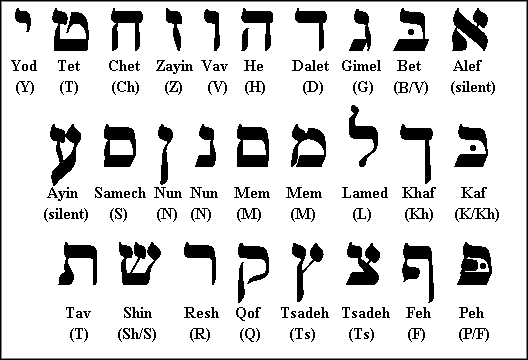I will meditate on your precepts
and fix my eyes on your ways (Psa. 119:15 NRSV).
 Focus. With fixed eyes, the psalmist is focused on God’s precepts and God’s ways. A similar visual fixation appeared previously in 119:6 (“having my eyes fixed on your commandments”). The language of obsession permeates this psalm. An obsession with God and God’s laws. The psalmist tells God, “I’m looking at you.” (This is the 7th verse in the Bet stanza of Psalm 119, all 8 of these verses begin with Bet.)
Focus. With fixed eyes, the psalmist is focused on God’s precepts and God’s ways. A similar visual fixation appeared previously in 119:6 (“having my eyes fixed on your commandments”). The language of obsession permeates this psalm. An obsession with God and God’s laws. The psalmist tells God, “I’m looking at you.” (This is the 7th verse in the Bet stanza of Psalm 119, all 8 of these verses begin with Bet.)
Why? Because the psalmist delights in God’s laws. Delighting in God’s laws appears on either side of this verse (Psalm 119:14, 16). Delight and meditation also appear in the first psalm, which describe the blessings that come to those who delight and meditate on God’s Torah day and night.
Psalm 119:15 is the first verse in the chapter that two synonyms for God’s law appear in the same verse (“your precepts”, “your ways”). The second time is the next verse (“your statutes”, “your word”).
The synonym for God’s law used here, “precepts” (“precept” = piqud) appears 21 times in Psalm 119 (4, 5, 27, 40, 45, 56, 63, 69, 78, 87, 93, 94, 100, 104, 110, 128, 134, 141, 159, 168, 173), three other places in the Psalms (19:9; 103:18; 111:7), and nowhere else in the Old Testament. The problem though we don’t know exactly how to spell “precept” because in the Hebrew it always appears as a plural. And we also don’t know exactly how to spell the plural because it always appears as a plural in what is known as the construct state (connected to a noun or a pronoun), which means it doesn’t have the normal plural ending. Precepts are always connected to God, “the precepts of YHWH” or “your precepts”.
I should be more like precepts in the Psalms, always connected to God.
What are you connected to? What are you looking at?
